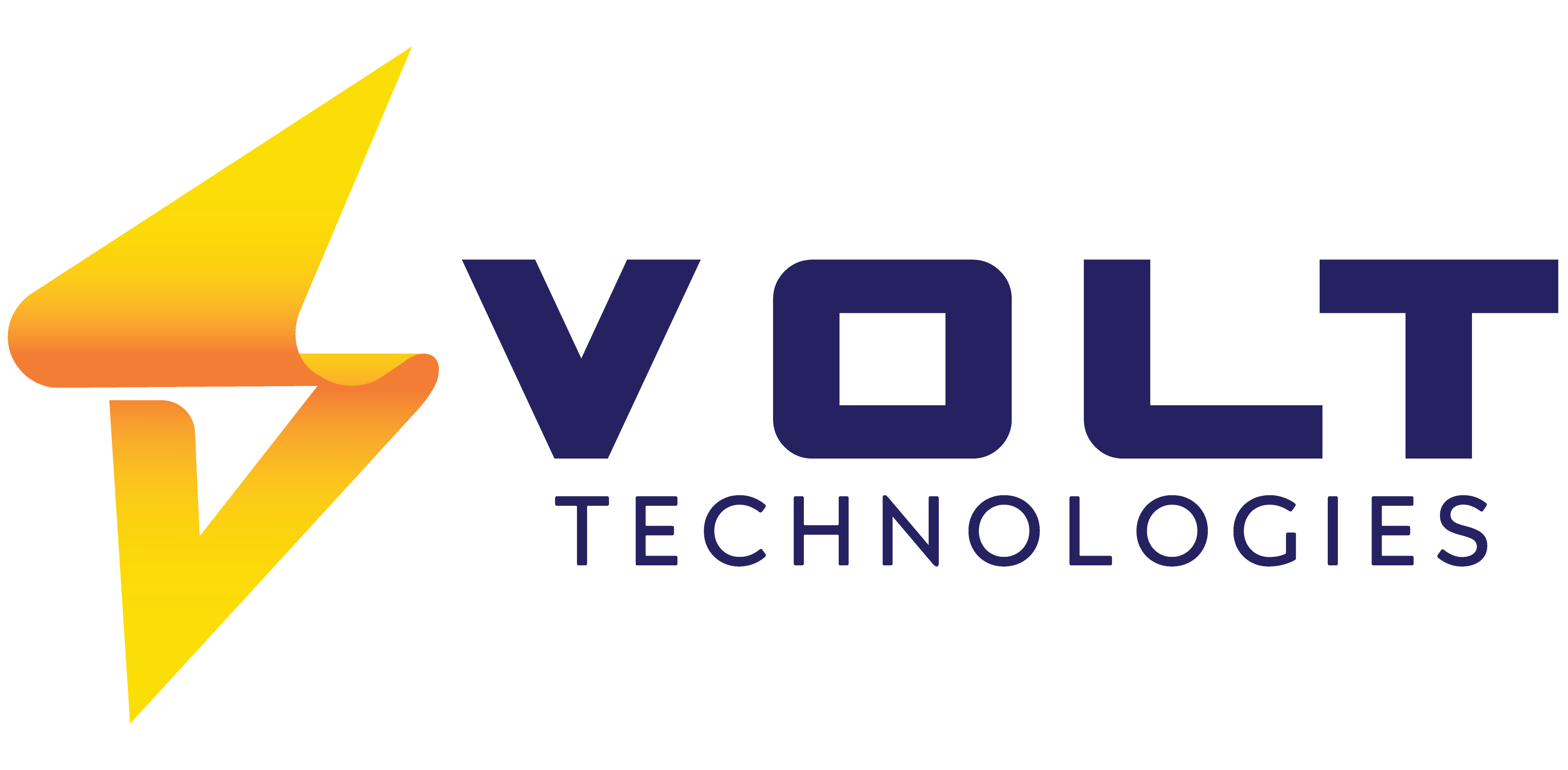Business Central Essentials vs Premium: Which License is Right for Your Business?


Microsoft Dynamics 365 | Simplify your IT footprint and make decisions faster.
- July 24, 2025
Introduction
When it comes to choosing an ERP system for your small or mid-sized business, Microsoft Dynamics 365 Business Central stands out as a powerful, cloud-based solution. But one of the most important decisions you’ll make during implementation is selecting the right license type: Essentials or Premium.
These two license options offer different sets of features and modules and understanding the difference between Essentials and Premium Business Central is key to ensuring you only pay for what your business needs today while still leaving room to grow tomorrow.
At Volt Technologies, a trusted Microsoft Dynamics 365 partner specializing in Business Central implementation for SMBs, we help you navigate the Business Central licensing guide so you can confidently choose the right plan for your business. In this blog, we’ll compare Business Central Essentials vs Premium, explore their features, costs, and benefits, and help you answer the question: which Business Central license is right for me?
Overview of Dynamics 365 Business Central License Types
When investing in an ERP solution, it’s critical to align your licensing choice with your business goals, operations, and budget. Microsoft Dynamics 365 Business Central offers two distinct license types –Essentials and Premium– giving businesses the flexibility to choose the capabilities that best fit their needs.
Both licenses are subscription-based, making Business Central accessible without significant upfront capital expense. But beyond cost, the two plans differ significantly in terms of functionality.
Essentials is the foundation: it delivers all the core ERP capabilities, from financial management to sales, purchasing, inventory, and warehouse management, making it ideal for companies that do not require advanced manufacturing or service management.
Premium builds on Essentials, unlocking sophisticated modules specifically designed for businesses that need to manage manufacturing processes or field service operations.
By design, Microsoft’s Business Central subscription plans are scalable, enabling SMBs to start with Essentials and upgrade to Premium when their needs evolve.
Here’s why understanding the difference between Essentials and Premium Business Central is so important: choosing the wrong license can mean overpaying for features you’ll never use or worse, lacking critical functionality that limits your operations.
In the next section, we break down the key differences between Essentials and Premium, so you can make an informed decision about which plan is right for your business.
Key Differences Between Business Central Essentials and Premium
One of the most common questions we hear from SMBs considering Business Central is:
“What’s the real difference between Essentials and Premium?”
Understanding how these two Business Central license types compare is crucial to making the right choice. Below, we break down the Business Central license comparison, feature by feature, so you can see exactly what you gain (or lose) by choosing one over the other.
What’s Included in the Essentials License?
The Essentials license includes all the core functionality most SMBs need to streamline and modernize their operations.
Key modules included:
- Financial Management: general ledger, payables/receivables, cash flow, fixed assets.
- Sales & Marketing: quotes, orders, invoicing, customer management.
- Purchasing: vendor management, purchase orders, invoicing.
- Inventory & Warehouse Management: stock control, bins, serial & lot tracking.
- Project Management (basic): jobs, resource tracking, budgets.
- Standard Reporting & Analytics: dashboards and KPIs.
Best for:
Businesses that don’t require manufacturing or advanced service management, but still want to modernize and automate their core operations at an affordable cost.
What’s Included in the Premium License?
The Premium license includes everything in Essentials, plus two advanced modules designed for more specialized industries:
Additional modules:
- Manufacturing: bills of materials (BOM), production orders, machine/work centers, capacity planning, production scheduling, forecasting.
- Service Management: service contracts, service orders, dispatch board, service quotes, repair management, field service tracking.
Best for:
Businesses in manufacturing or those providing after-sale service and maintenance who need to manage complex operations with high visibility.
Essentials vs Premium: At a Glance
Here’s a quick Business Central license comparison table:
Feature / Module | Essentials | Premium |
Financial Management | ✅ | ✅ |
Sales & Marketing | ✅ | ✅ |
Purchasing | ✅ | ✅ |
Inventory & Warehouse | ✅ | ✅ |
Basic Project Management | ✅ | ✅ |
Manufacturing | ❌ | ✅ |
Service Management | ❌ | ✅ |
Best For | Most SMBs | Manufacturing & Service-focused SMBs |
Now that you know exactly what each license includes, the next question is:
How do you decide which one is right for your business?
How to Choose Between Essentials and Premium?
With both licenses offering robust functionality, how do you know which Business Central license is right for me? The right choice depends entirely on your business processes, industry, and future growth plans. Below are three key factors to consider when choosing a Business Central license.
Assess Your Business Needs
(Keywords: choosing a Business Central license, Business Central license for manufacturing, Business Central license for service management)
Take a close look at your day-to-day operations:
- Do you manufacture goods?
- Do you provide field service, repairs, or maintenance contracts?
If the answer is yes to either, the Premium license is likely the better fit thanks to its advanced manufacturing and service management modules.
If your focus is purely on financials, sales, inventory, and warehousing, the Essentials license will provide everything you need at a lower cost.
Can You Upgrade Later?
One of the advantages of Microsoft’s Business Central subscription plans is flexibility. You can start with Essentials today and upgrade from Essentials to Premium Business Central later as your business grows or your needs evolve.
This approach allows you to control costs upfront while keeping your options open.
Get Expert Guidance
(Internal reference: link to Volt Technologies’ consultation page)
Choosing the right license isn’t just about comparing features ,it’s about aligning your ERP with your long-term strategy. At Volt Technologies, we help SMBs evaluate their needs, recommend the right Business Central subscription plan, and implement it seamlessly.
Schedule your free consultation with Volt Technologies today and let us guide you through your Business Central licensing decision.
FAQs About Business Central Licensing
Still have questions about the Business Central Essentials vs Premium decision? Here are answers to some of the most common questions we hear from SMBs when comparing Business Central licenses.
Can I switch between Essentials and Premium?
Yes. Microsoft’s flexible Business Central subscription plans allow you to upgrade from Essentials to Premium Business Central as your business grows. Downgrading back to Essentials may also be possible at renewal, depending on your licensing agreement.
What’s the cost difference between Essentials and Premium?
(Keywords: Business Central Essentials vs Premium cost, Business Central pricing tiers)
The Premium license comes at a higher monthly per-user cost than Essentials, reflecting the additional manufacturing and service management modules it includes. However, many businesses find the added functionality justifies the investment.
To get an accurate quote tailored to your business, talk to a trusted partner like Volt Technologies.
Are there user limits or restrictions?
Both license types allow for unlimited companies and up to hundreds of users, making them scalable for SMBs of all sizes. The key difference is not in user limits, but in functionality – Essentials covers core ERP needs, while Premium adds specialized capabilities.
Do I need Premium if I only do light manufacturing?
If your manufacturing processes are simple and don’t require advanced production scheduling, work centers, or BOMs, Essentials may still suffice. A consultation with an expert can help you decide.
What’s the best way to decide which license is right for me?
(Keywords: which Business Central license is right for me, Business Central licensing guide)
The best approach is to map your business processes to the modules in each license. At Volt Technologies, we offer a Business Central licensing guide as part of our consultation to help you make the most informed choice.
Get Started with Volt Technologies
Choosing between Essentials vs Premium Dynamics 365 Business Central isn’t always straightforward but you don’t have to decide alone. At Volt Technologies, we help SMBs like yours navigate the Business Central licensing guide, compare costs and benefits, and implement the right plan for your needs.
Whether you’re looking to streamline financial operations, improve inventory control, or enable advanced manufacturing and service management, our team of certified experts is here to ensure you get the most out of your investment.
Why partner with Volt Technologies?
- Deep expertise in Business Central implementation for SMBs.
- Proven track record helping businesses choose and migrate to the right license.
- Personalized, hands-on guidance at every step.
Contact Volt Technologies today to schedule your free consultation and discover which Business Central license is right for your business.
Conclusion
The choice between Business Central Essentials vs Premium comes down to your business processes and goals. If you need advanced modules for manufacturing or service management, Premium is the way to go. Otherwise, Essentials provides all the core functionality most SMBs need at a lower cost.
By partnering with Volt Technologies, you can make a confident, informed decision and take the next step toward modernizing your operations with Dynamics 365 Business Central.
Have more questions? Contact Volt Technologies our team is ready to help.
